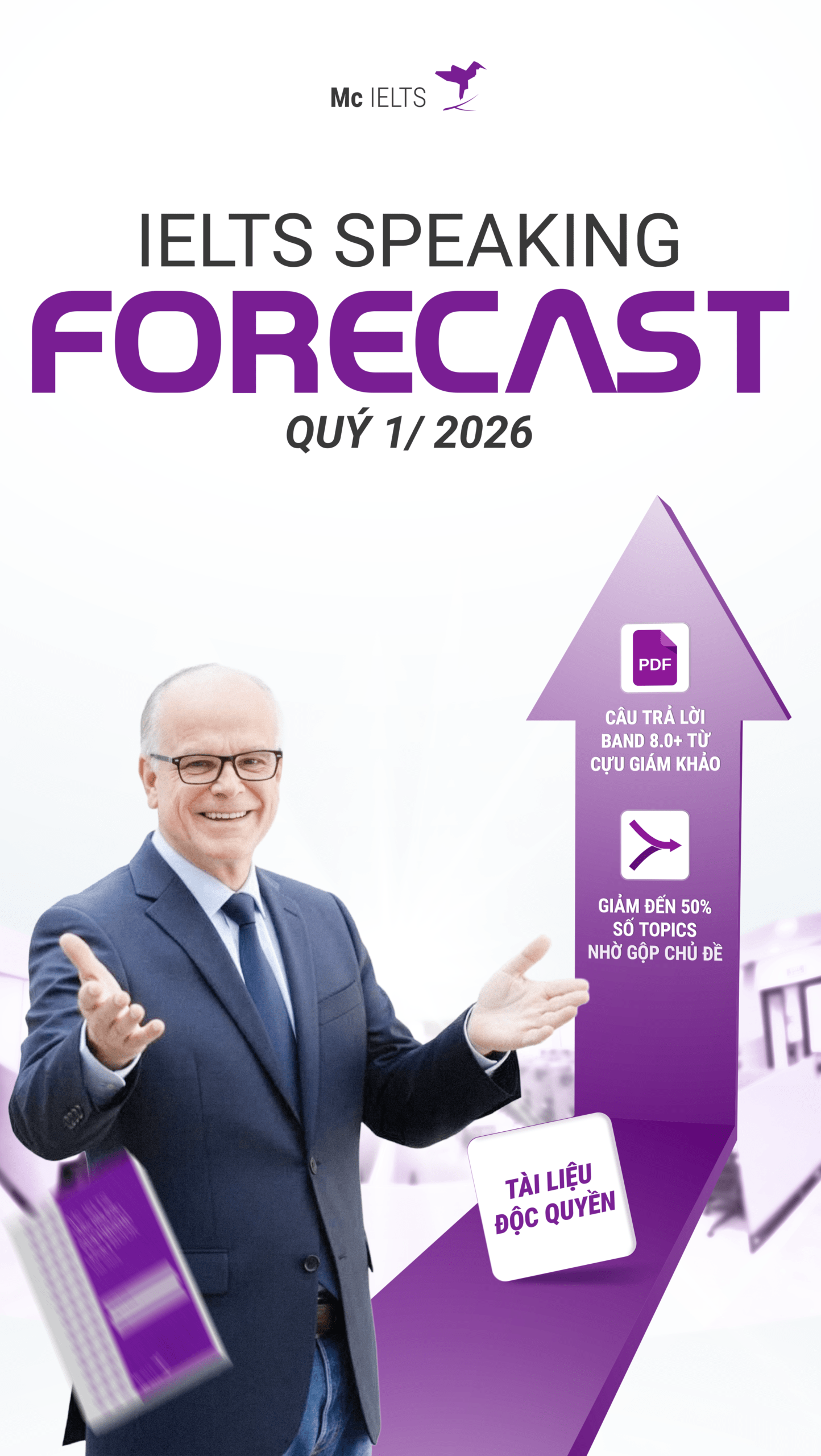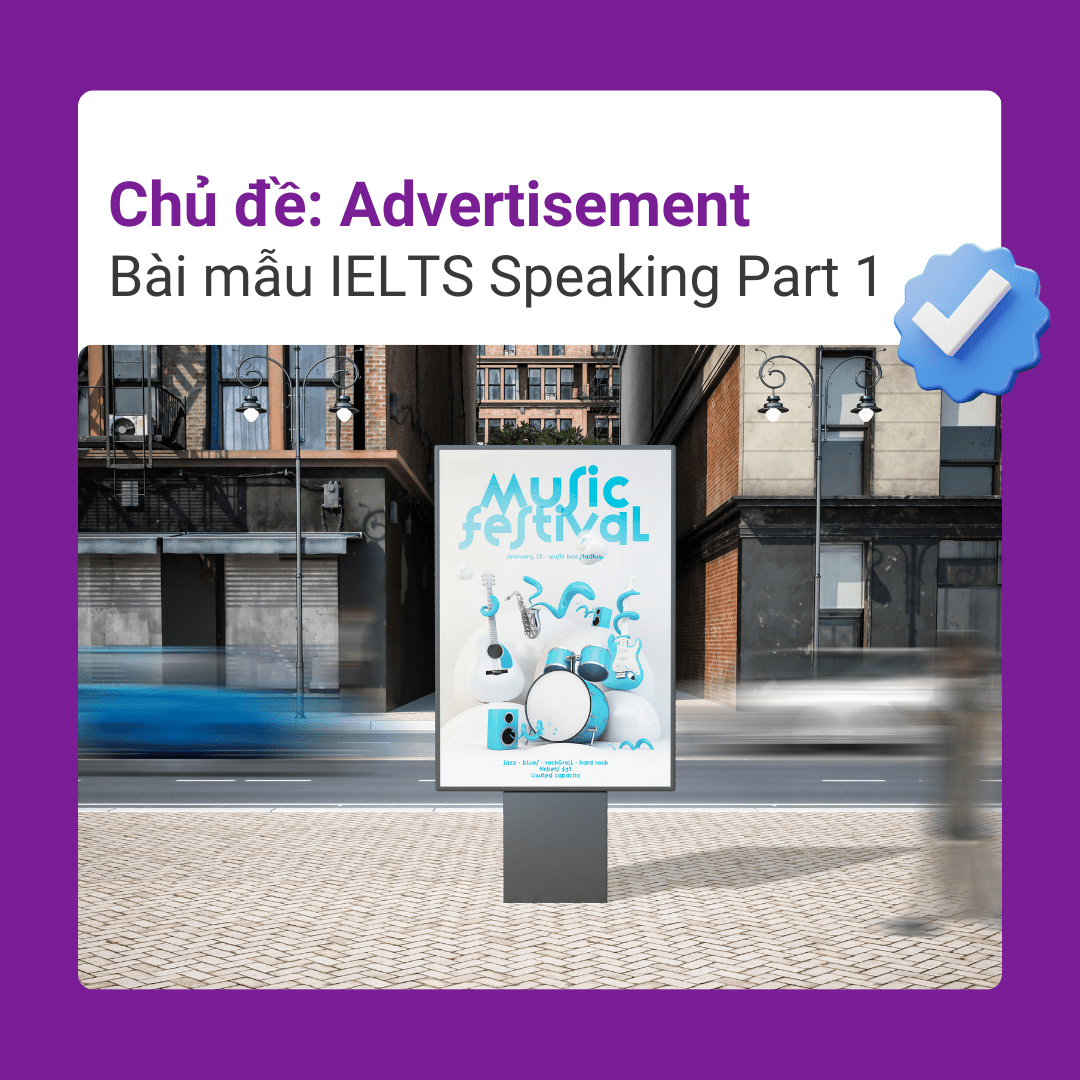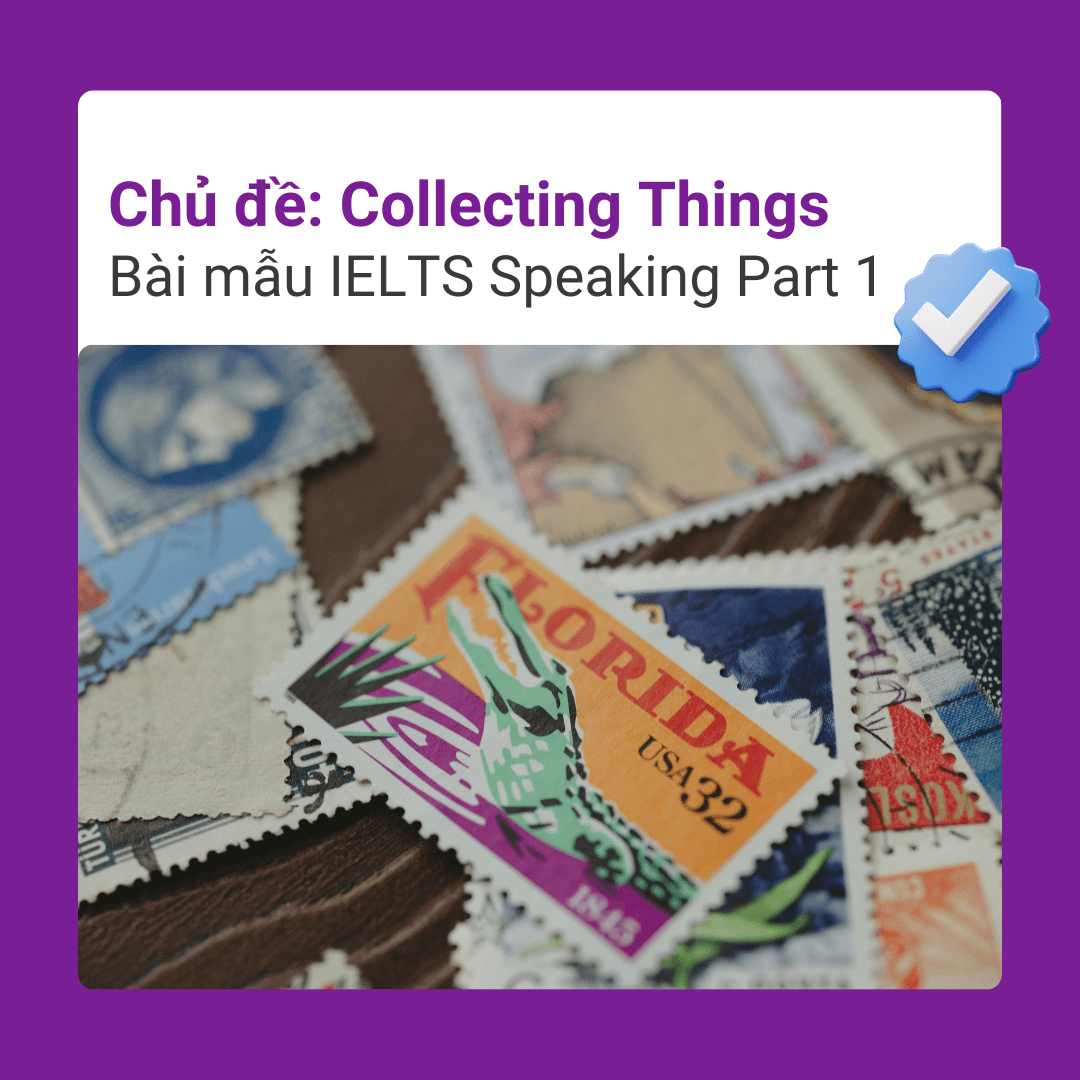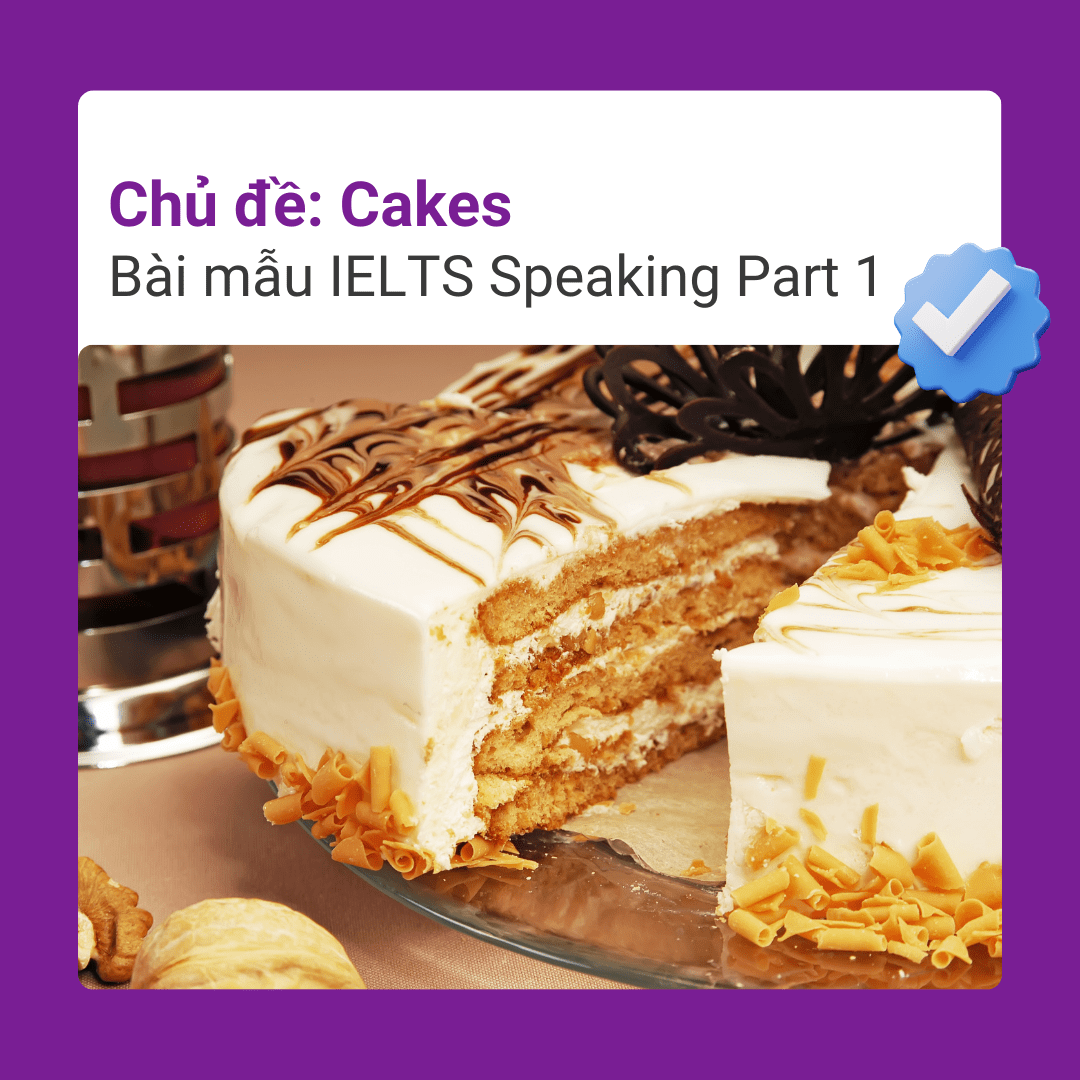ĐỀ IELTS SPEAKING TOPIC A DECISION TO WAIT
 13/12/2023
13/12/2023
 Tác giả : MC IELTS
Tác giả : MC IELTS

ĐỀ IELTS SPEAKING TOPIC A DECISION TO WAIT
IELTS Speaking Part 2:
Describe a time you made a decision to wait for something
You should say:
When it happened
What you waited for
Why you made the decision
And explain how you felt while waiting
I once waited for a job offer from a company I really wanted to work for. Although I was supposed to hear back from them in a week, the week passed without any news, and I started to feel a sense of mounting frustration. However, I decided to wait a few more days before following up with the company because I knew they had a thorough recruitment process, and I didn’t want to appear impatient.
During the waiting period, I felt a mix of excitement and anxiety. I was excited about the possibility of getting the job and starting a new chapter in my career, but I was also worried that I might not get the job after all. Despite trying to distract myself, I kept checking my email and phone constantly for any updates.
Finally, after a few more days, I received an email from the company offering me the job, and I was overjoyed. Looking back, I realized that waiting can be difficult, but it’s often necessary to achieve our goals. In this case, waiting demonstrated my patience and professionalism, and it ultimately led to a positive outcome.
IELTS Speaking Part 3:
What do people in your country often do while waiting?
In my country, people often kill time by scrolling through their phones, chatting with friends or reading a book. Some might also run errands or do other tasks to make the most of their time. Personally, I like to catch up on emails and messages or listen to music to pass the time.
Is being patient good for people? Why?
Being patient is definitely good for people; as the saying goes “good things come to those who wait”. When we’re patient, we’re better able to handle difficult situations and not rush into decisions that we may later regret. Moreover, practicing patience can help improve our overall mental and emotional well-being by reducing stress and anxiety levels.
Are people less patient now than people in the past? Why?
In comparison to earlier times, people are now markedly less patient due to technology and instant gratification. Instant satisfaction has spoiled us, making waiting seem like an inconvenience and leading to frustration. From fast food to online shopping to instant messaging, various aspects of our lives demonstrate this tendency.
Why do children lack patience?
Children lack patience because they are still developing their ability to control their impulses and emotions. They have a shorter attention span and can get easily distracted by things that interest them. Additionally, many children are used to getting instant gratification in this fast-paced digital age, which can make waiting more difficult for them.
How can people become more patient?
To become more patient, people can try different things like taking deep breaths, practicing mindfulness, and reminding themselves that things take time. They can also try to break down their goals into smaller steps and celebrate their progress along the way. Additionally, it can be helpful to find activities that promote relaxation and reduce stress, such as exercise or spending time in nature.
IELTS Speaking Vocabulary
once (adv) từng
hear back from someone: nhận được phản hồi, trả lời từ ai
feel a sense of mounting frustration: cảm thấy thất vọng
follow up: tiếp nối sự việc nào đó bằng một hành động
waiting period: thời gian chờ đợi
a mix of excitement and anxiety: sự pha trộn giữa hào hứng và lo lắng
start a new chapter in something: bắt đầu một chương/bước tiến mới (trong sự nghiệp, tình cảm…)
impatient (a) thiếu kiên nhẫn
overjoyed (a) cực kỳ hạnh phúc, vui sướng
patience (n) sự kiên nhẫn
kill time ~ pass the time: “giết” thời gian
scroll through someone’s phone: lướt điện thoại
run errands: làm việc lặt vặt
catch up on: dành thêm thời gian làm gì (vì trước đó chưa làm)
rush into something: vội vàng làm gì đó
help improve our overall mental and emotional well-being: giúp cải thiện tâm lý và cảm xúc
markedly (adv) một cách rõ rang, đáng kể
instant gratification: sự hài lòng tức thì (ngay lập tức)
attention span: khoảng chú ý
fast-paced (a): tốc độ nhanh
things take time: mọi thứ cần có thời gian (để diễn ra)
spend time in nature: dành thời gian khám phá thiên nhiên
Nhận lộ trình IELTS TỐI ƯU theo yêu cầu
















